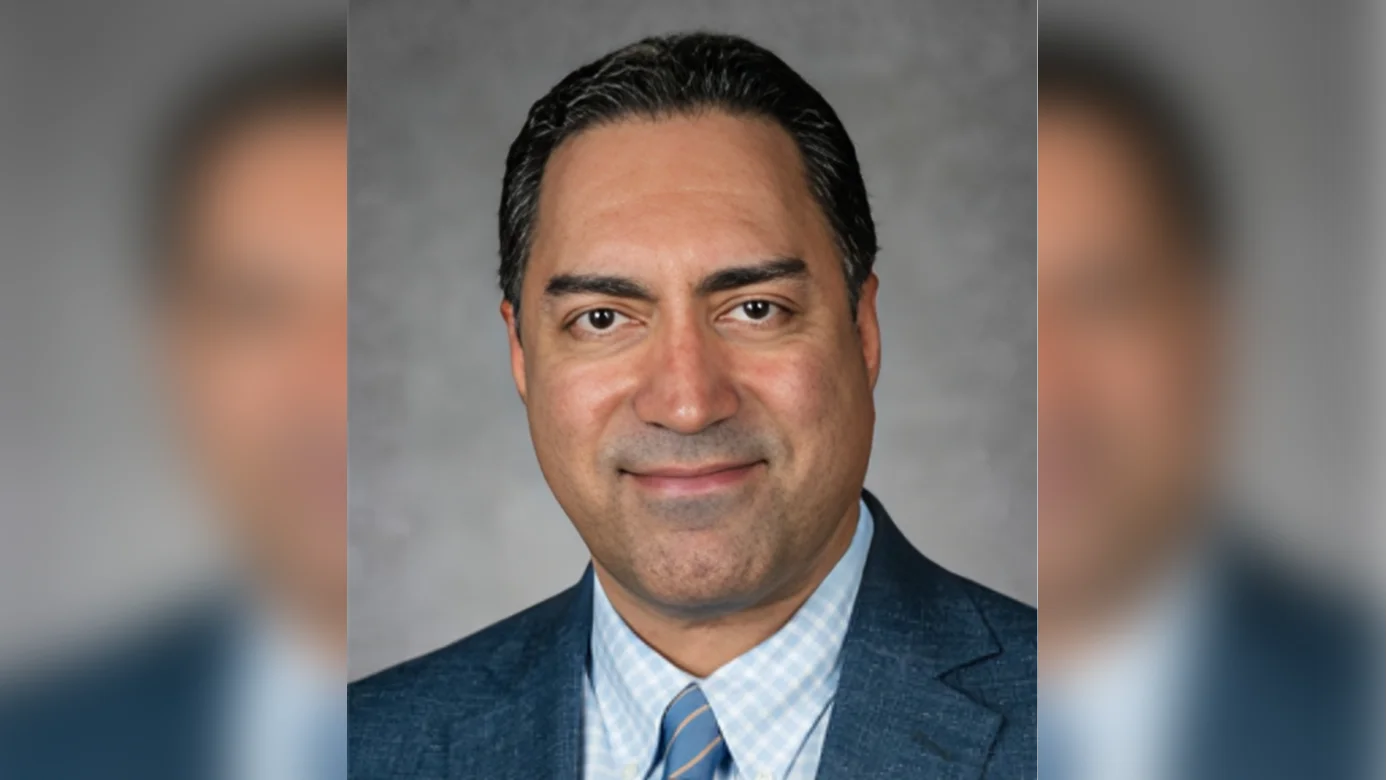
President Robert L. Manuel, PhD | DePaul University website
DePaul University and Rosalind Franklin University of Science and Medicine have announced the recipients of their 2024 interdisciplinary research grants. These grants aim to support innovative projects that combine artificial intelligence (AI) and biomedical discovery to address pressing healthcare challenges such as malaria, cigarette smoking, and septic shock.
The grants, totaling $200,510, will fund research among interdisciplinary teams consisting of robotics experts, computer engineers, biophysicists, psychologists, and immunologists. The collaboration between DePaul and Rosalind Franklin demonstrates the potential for making a significant impact on human health through advances in AI.
Daniela Stan Raicu, associate provost for research at DePaul, expressed her admiration for the vision of the collaborative research projects, stating, "We are impressed with the vision these teams have developed for their collaborative research projects. Together, faculty from DePaul and Rosalind Franklin have the potential to make an incredible impact on human health through these advances in artificial intelligence."
Ronald S. Kaplan, executive vice president for research at Rosalind Franklin, emphasized the importance of these grants and the potential benefits they can bring to millions of people worldwide. He stated, "These grants and the teams receiving them provide more evidence of the critical advances emerging from the RFU/DePaul collaboration. Hundreds of millions of people worldwide stand to benefit from biomedical research like this, and RFU looks forward to continuing our DePaul partnership and driving these projects to fruition."
The first research project aims to address the management of sepsis and septic shock using automated systems and physiology. Muhammad Umer Huzaifa, an associate professor in DePaul's School of Computing, aims to develop an automatic system that will aid in the management of sepsis in a patient's blood and ultimately save lives. The project will utilize overlapping closed-loop systems and interlocked controllers to optimize the delivery of fluids and medicines to maintain blood flow. Huzaifa will collaborate with Raúl Gazmuri, a professor of medicine and director of the Resuscitation Institute at Rosalind Franklin, who aims to improve outcomes for those who have suffered cardiac arrest.
Another project focuses on analyzing cigarette smoking behaviors using AI. Mahdi Pedram, a faculty member in DePaul's School of Computing, plans to develop a privacy-conscious, wrist-worn device called SmokeSense to passively detect and track real-time cigarette smoking behaviors. Pedram highlighted the limitations of traditional methods for monitoring cigarette use and expressed the need for a more accurate and non-invasive solution. The project will collaborate with Nacy Jao, a clinical psychologist and director of the Health, Behaviors, and Tobacco Use Research Lab at Rosalind Franklin, to apply precise sensors and AI integration for enhanced user awareness and "just-in-time" interventions for smoking cessation.
The third project aims to enhance the anti-malarial immune response using machine learning. Thiru Ramaraj, an assistant professor of bioinformatics in DePaul's School of Computing, plans to use machine learning to predict the prognosis of malaria patients. The project will utilize research from Rahul Vijay, an assistant professor of microbiology and immunology at Rosalind Franklin. Ramaraj emphasized the potential of machine learning to identify biomarkers in malaria that can improve prognosis and contribute to the diagnosis and treatment of the disease. The collaboration between DePaul and Rosalind Franklin hopes to generate important preliminary results that can lead to additional funding from the National Institutes of Health.
These interdisciplinary research grants showcase the commitment of DePaul University and Rosalind Franklin University of Science and Medicine to advancing healthcare through the integration of AI and biomedical discovery. With projects focused on sepsis management, cigarette smoking analysis, and malaria prognosis, these grants have the potential to make a significant impact on public health and improve the lives of millions of people worldwide.






 Alerts Sign-up
Alerts Sign-up